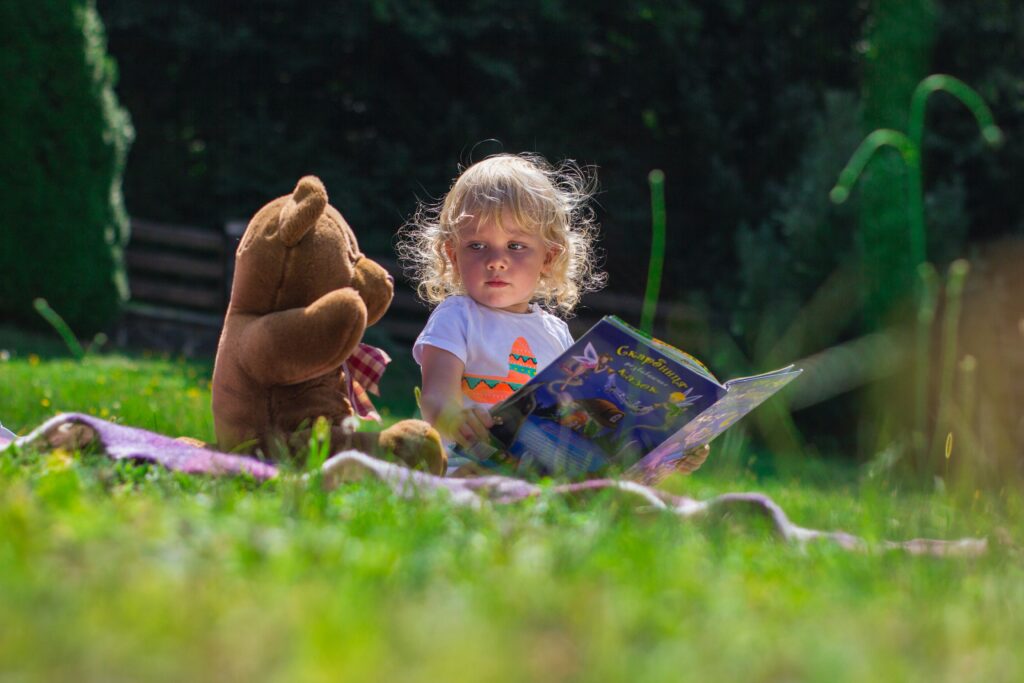Language development in toddlers is a fascinating and crucial aspect of early childhood growth. It serves as the foundation for effective communication, cognitive development, and social interaction. As toddlers embark on the journey of language acquisition, they not only learn to express their thoughts and emotions but also develop the essential skills needed for future academic success.
The ability to comprehend and articulate language empowers toddlers to navigate their surroundings, form relationships, and engage with the world around them. Understanding the significance of language development in these formative years sheds light on its profound impact on a child’s overall well-being and sets the stage for lifelong learning and meaningful connections.
Early Signs of Language Development in Toddlers

The journey of language development in toddlers is a fascinating and crucial phase that lays the foundation for effective communication throughout their lives. Observing the early signs of language development provides a window into the intricate process of how children begin to grasp and express their thoughts and emotions.
One key aspect is the recognition of early language cues, where toddlers exhibit a growing awareness of spoken words and sounds around them. Another noteworthy element is the emergence of responsive babbling and cooing, as toddlers experiment with vocalizations and engage in interactive communication.
Understanding these initial steps in language acquisition sheds light on the remarkable cognitive and social advancements taking place in the early years of a child’s life.
Milestones in Toddler Speech Development
The journey of toddler speech development is a remarkable and intricate process that unfolds during the early years of a child’s life. Witnessing the milestones in this linguistic adventure is akin to observing a tiny explorer navigating the vast terrain of language.
In the initial year, the foundation is laid through a fascinating vocabulary expansion, as toddlers absorb and integrate an array of words into their linguistic repertoire. Following this, the formation of simple sentences emerges as a pivotal milestone, marking the transition from individual words to the construction of more complex thoughts. As toddlers embark on this linguistic odyssey, their expressive language skills also blossom, allowing them to convey their thoughts and emotions with increasing clarity and nuance. Understanding these developmental landmarks provides valuable insights into the intricate world of toddler speech, a journey where every word uttered unveils a new layer of communication prowess
Factors Influencing Language Milestones Development in Toddlers

Language milestone development in toddlers is a fascinating and dynamic process shaped by a myriad of factors. Among these, parental involvement and communication play a pivotal role, as caregivers serve as crucial influencers in a child’s linguistic journey.
Moreover, the surrounding environment and exposure to language-rich activities contribute significantly to the development of language skills in toddlers. Beyond nurture, the role of genetics is another intricate aspect, highlighting how a child’s innate predisposition can impact their language acquisition.
Understanding these interconnected factors provides valuable insights into the intricate tapestry of language development in early childhood, shedding light on the multifaceted nature of this crucial developmental stage.
Common Language Development Challenges with Toddlers
Navigating the complex journey of language development in toddlers can be a rewarding yet complex experience for parents and caregivers. As toddlers venture into the realm of communication, they encounter various challenges that can shape their linguistic abilities.
Two significant aspects that often capture attention are speech delays and bilingualism. Recognizing when a toddler may be experiencing speech delays and understanding when it’s appropriate to seek professional advice is crucial for fostering healthy language development.
Additionally, the impact of bilingualism on language milestones adds another layer of consideration, raising questions about how exposure to multiple languages influences a child’s linguistic skills.
Promoting Language Skills in Toddlers Language Development
Promoting language skills in toddlers is an artful dance of encouragement, patience, and interactive engagement. Toddlers, in the bloom of their linguistic exploration, are like sponges absorbing the nuances of communication from the world around them.
As caregivers, parents, and educators, our role transcends mere instruction; it transforms into a delicate balance of fostering a rich language environment and being attuned to a child’s unique developmental pace. Through playful interactions, storytelling, and exposure to diverse vocabulary, we sow the seeds of linguistic proficiency.
Encouraging toddlers to express themselves, whether through babbling, gestures, or their first words, forms a crucial bridge to effective communication. The journey involves celebrating small victories, acknowledging the charm of linguistic experimentation, and creating an atmosphere where language becomes a source of joy and connection.
Ultimately, promoting language skills in toddlers lays the groundwork for their future cognitive prowess and social interactions, fostering a love for language that will accompany them throughout their lifelong learning journey.
Conclusion
Language development in toddlers is a remarkable and dynamic process that captivates parents and caregivers alike as they witness the unfolding of a child’s ability to communicate. This crucial phase marks the foundation of a child’s linguistic journey, encompassing the acquisition of spoken words, understanding of language structures, and the gradual emergence of expressive skills.
Toddlers, typically aged between one and three years, undergo a rapid and transformative period where they transition from babbling and simple gestures to forming their first sentences. This intricate process is not only a source of delight for those observing, but it also plays a fundamental role in shaping cognitive, social, and emotional development.
Understanding the intricacies of language development in toddlers allows us to appreciate the unique ways in which children navigate the world of communication during these formative years.
